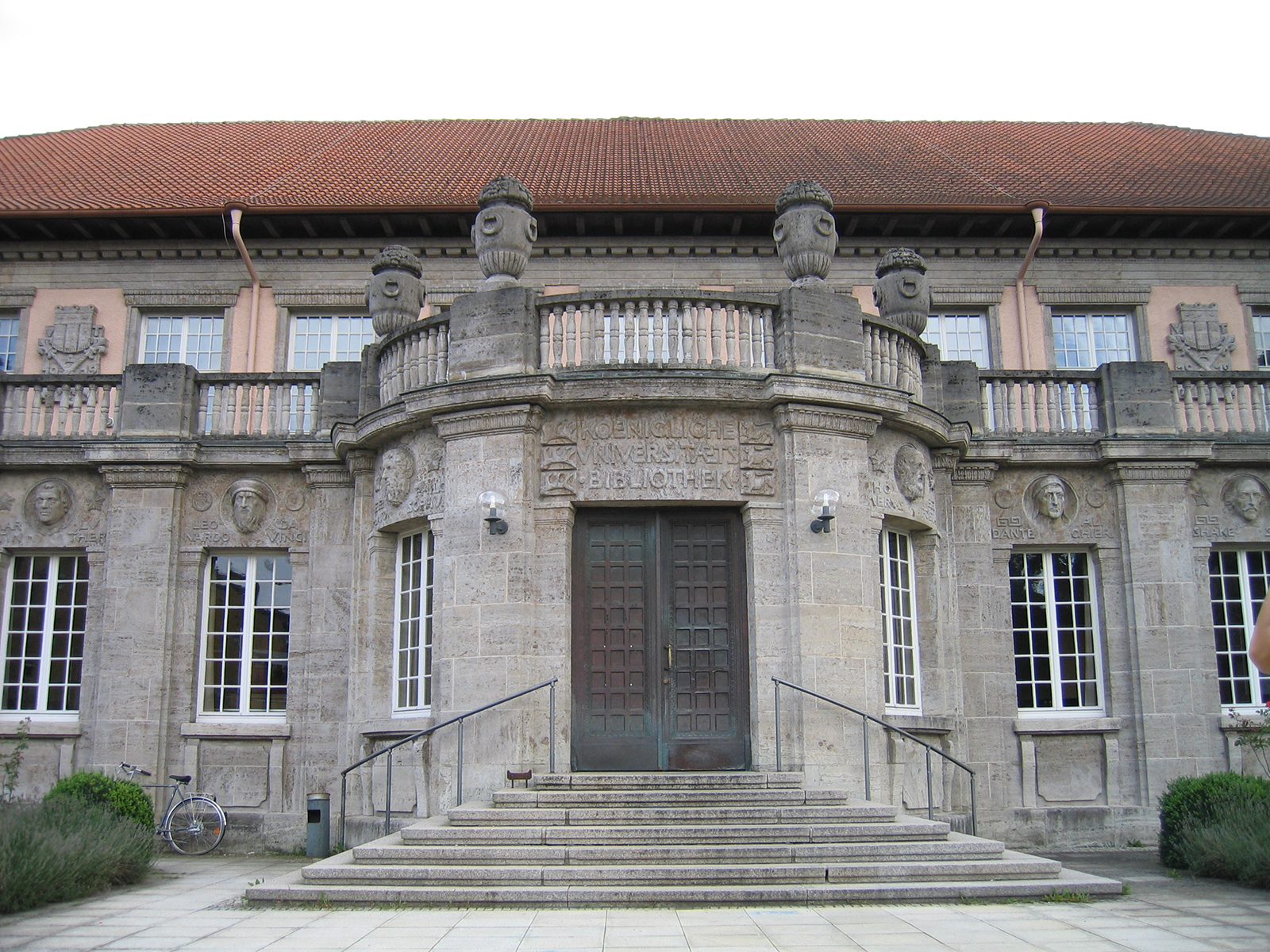University of Tübingen: Changing the world with AI
Recognizing pronunciation errors, intelligently taking photos, tracking down autonomous driving, hate speech and hate speech on the Internet or an algorithm for analyzing the breeding behavior of falcons – this year’s participants in the national artificial intelligence competition presented their projects in Tübingen on Friday. The St. Augustin high school in Grimma in Saxony defends its title as “AI School of the Year”.
On Friday, the projects of the finalists of the Federal Artificial Intelligence Competition (BWKI) were presented in Tübingen. The award ceremony in the evening was broadcast live on YouTube. The top-class jury had previously decided on the winners of the competition.
The main prize of the competition went to three 17-year-olds from the “buffalo” team from Erfurt, which has developed an algorithm that analyzes pronunciation and recognizes language abnormalities. In the future, AI can be used in speech therapy treatments or support the learning of foreign languages. The winners received a cash prize of 1,500 euros.
The AI artist Mario Klingemann announced the winners of the young talent award. The “SMAILE” team from the Schloss Hansenberg boarding school in Geisenheim impressed with its AI, which enables intelligent photos to be taken and avoids unaesthetic, shaky or unsatisfactory photos. The team receives a cash prize of 500 euros and access to an online AI course.
In the special category Environment and Sustainability, the juror and marine biologist Ute Wilhelmsen announced the winner. With her Siemensfalken project, Katharina Bade from Magdeburg analyzed the breeding behavior of kestrels that nest in the walls of her grammar school. The 17-year-old can look forward to a cash prize of 500 euros and an internship at a German marine research institute. The award was donated by the German Alliance for Marine Research.
The juror and moderator of the BWKI award ceremony, Philip Häusser, chose the winner in the special hardware category. Maximilian Kraeft from Stollberg, Saxony, developed an autonomous robot in his “tars” project that has the ability to recognize obstacles and find its way through a labyrinth. The 17-year-old receives a cash prize of 750 euros.
On Friday evening, viewers of the live broadcast (https://www.youtube.com/watch?v=fqbfwt1IxZo) had the opportunity to vote for their favorites, and thus for the winners of the audience award. This year’s audience award went to three 17 to 18 year old youngsters from Erfurt who recognize and punish hateful comments on the Internet with their AI “hateflow”. The prize was endowed with 500 euros.
The St. Augustin high school in Grimma, Saxony, defended its title as “AI School of the Year”. Thanks to the above-average participation of the students at this school in the online AI course, the prize was awarded again. The high school receives a class set of a sensory bionics construction kit (bionics4education) as a prize.
The BWKI closing event started with the hackathon on November 6th and 7th, 2021. Together with the Badisches Landesmuseum and in cooperation with the Hack & Söhne initiative, challenges were presented under the motto “Write Code – Write History”. The participants were asked to develop AI applications that will be used in museums of the future to optimize knowledge transfer. The winning project of a 16-year-old schoolboy brings museum objects to life with augmented reality. The four 17 and 18 year old students of the “Hyperion” team generated new works of art on the basis of museum data. The winning team will be accompanied by the Badisches Landesmuseum in the continuation of its project idea.
“Artificial intelligence is one of the most important and exciting topics of our time, it is a real game changer. At the federal KI competition, young people and young adults can play an active role in shaping this important future issue, ”explained Minister Theresia Bauer, Chairwoman of the Foundation Administration of the Carl Zeiss Foundation and patron of the federal competition. “Children have curiosity and have fun with the thing. That makes them ideal researchers and they can live it out at the BWKI, ”said Professor Bernhard Schölkopf, Director at the Max Planck Institute for Intelligent Systems and one of the initiators of the competition. “It’s just great and inspiring to see the creativity, skill and perseverance of the students in this competition. I dream of a society in which we encourage each other even more,
This year the jury of the competition included: Mario Klingemann (AI artist), TheMorpheus (YouTuber and computer scientist), Andrea Kranzer (Businessangel), Dr. Philip Häusser (physicist, television presenter, web video producer), Dr. Ute Wilhelmsen (marine biologist), Prof. Dr. Veronika Eyring (climate scientist DLR and Univ. Bremen), Christoph Röscher (Bosch Center of Artificial Intelligence), Dr. Nina Gaissert (bionics expert, Festo), Marlene Prautsch (data scientist), Prof. Dr. Matthias Bethge, Dr. Wieland Brendel (initiators of the competition, University of Tübingen), Prof. Dr. Bernhard Schölkopf (initiator of the competition, Max Planck Institute for Intelligent Systems).
More than 150 schoolchildren registered their project ideas for the competition in 2021. In the final, ten teams presented themselves to the jury and the audience. The basics of AI can be learned in a free online AI course from BWKI. So far, more than 4,000 pupils, teachers and interested parties have taken advantage of the BWKI’s offers.
The federal competition for artificial intelligence will be announced again next year. The main sponsor of the competition is the Carl Zeiss Foundation. The competition was also supported by Bosch, Festo, paperspace, Google, the Droemer and Knaur publishing houses and carried out in cooperation with Cyber Valley, the Media University and the German Marine Research Alliance.

